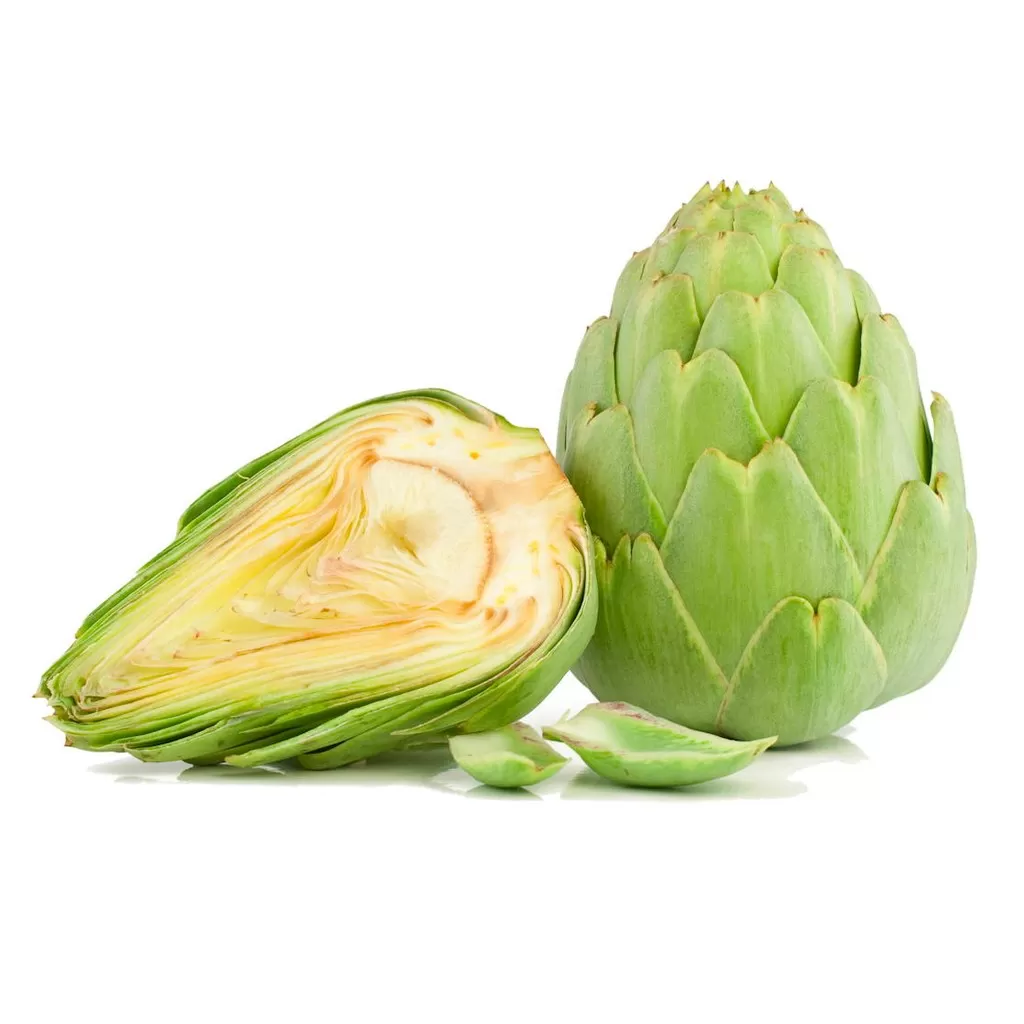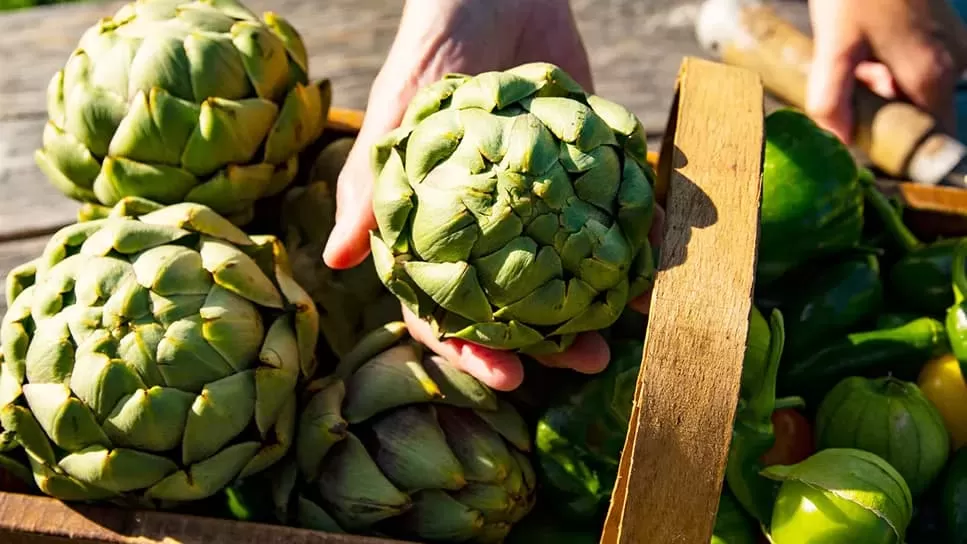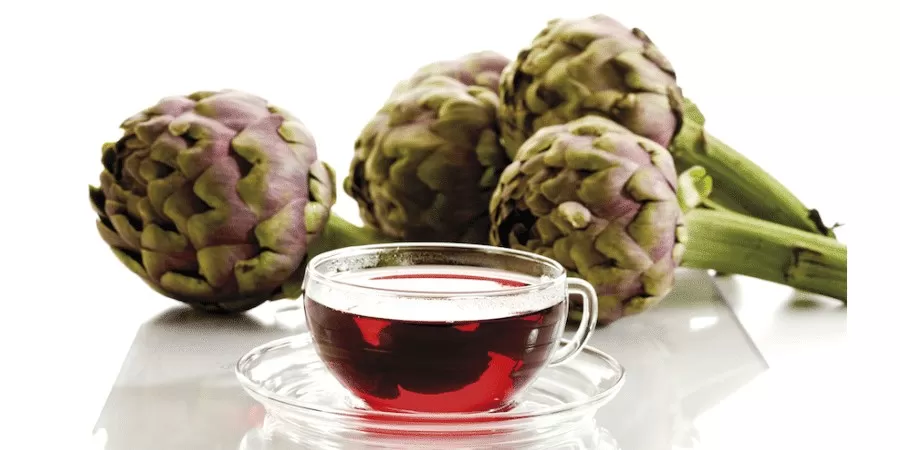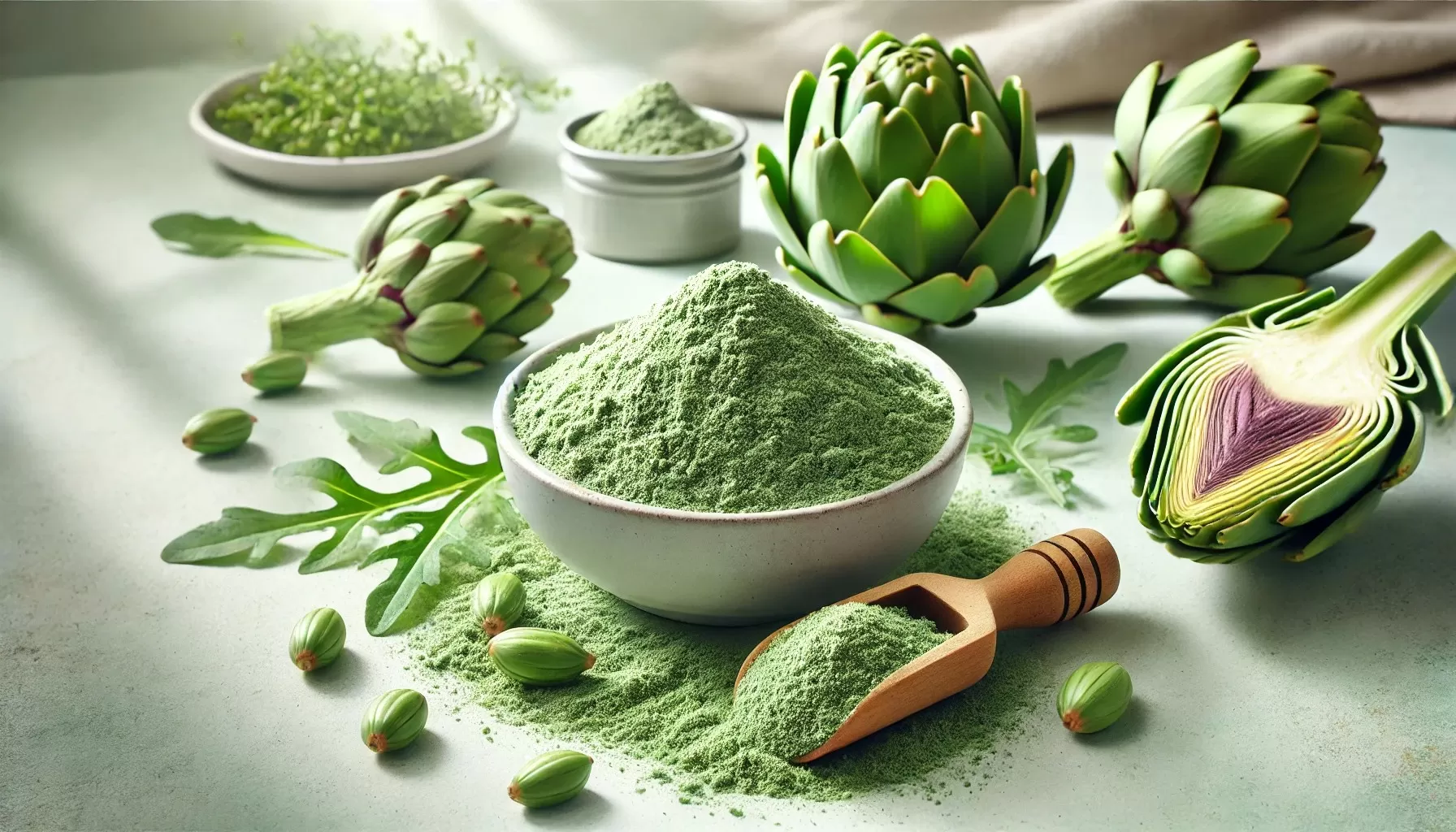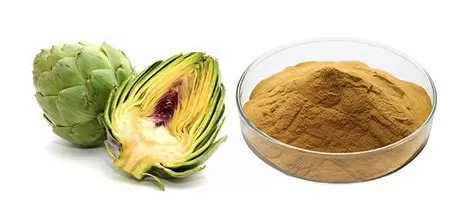- 0086-571-85302990
- sales@greenskybio.com
Taking Milk Thistle and Artichoke Together: A Comprehensive Look
2025-04-02
In the world of herbal medicine, milk thistle and artichoke have long been praised for their respective health benefits, particularly in relation to liver health and digestive support. As interest in natural supplements continues to surge, many people wonder whether these two herbs can be taken together and what combined effects they might have. This article explores the individual and synergistic benefits of milk thistle and artichoke, delving into their potential health advantages, safety considerations, and guidelines for use.
Understanding Milk Thistle and Artichoke
Milk Thistle
Milk thistle (Silybum marianum) is a flowering plant native to the Mediterranean region. It has been used for over 2,000 years as a natural remedy for liver and gallbladder disorders. The active compound in milk thistle, silymarin, is a potent antioxidant known for its liver-protective properties. Silymarin purportedly helps regenerate liver cells, reduce liver inflammation, and protect the liver from toxins.
Artichoke
Artichoke (Cynara scolymus) is more than just a culinary delight; it has also been used in traditional medicine, primarily for its digestive benefits and liver health support. Artichokes contain cynarin, a compound that is believed to stimulate bile production, enhance digestion, and lower cholesterol levels. Artichoke Extract has gained popularity for its potential to improve symptoms of indigestion, such as bloating and nausea.
Combined Benefits of Milk Thistle and Artichoke
Taking milk thistle and artichoke together offers a symbiotic blend that capitalizes on the strengths of both herbs. Here's how they may work together:
1. Liver Health Support
Both milk thistle and artichoke are renowned for their hepatoprotective, or liver-protecting, properties. Milk thistle’s ability to regenerate liver cells and protect against toxins, combined with artichoke’s potential to enhance bile production and support liver detoxification, creates a powerful duo for liver health. This combination may be particularly beneficial for individuals with liver conditions or those looking to support liver function naturally.
2. Enhanced Digestion
Artichoke’s role in stimulating bile flow aids in the digestion of fats and alleviates symptoms of indigestion. When paired with milk thistle’s anti-inflammatory properties, this duo can provide comprehensive digestive support. Improved bile production helps not only in fat digestion but also in the absorption of fat-soluble vitamins, contributing to better overall nutritional status.
3. Antioxidant Protection
Both herbs are rich in antioxidants, which help neutralize free radicals and reduce oxidative stress in the body. Oxidative stress is linked to various chronic diseases, including liver disease, cardiovascular conditions, and certain cancers. By providing a robust source of antioxidants, milk thistle and artichoke may protect against cellular damage and promote long-term health.
4. Cardiovascular Benefits
Artichoke Extract has been studied for its ability to lower cholesterol levels, a crucial factor in maintaining cardiovascular health. While milk thistle's direct impact on cholesterol is less established, its anti-inflammatory and detoxifying properties may contribute to heart health indirectly. Together, they can offer complementary cardiovascular support.
Safety and Considerations
While combining milk thistle and artichoke can be beneficial, it’s essential to consider potential side effects and interactions:
1. Possible Allergic Reactions
Individuals allergic to plants in the Asteraceae family, which includes daisies, chrysanthemums, and ragweed, may also experience allergic reactions to milk thistle or artichoke.
2. Gastrointestinal Effects
As these herbs stimulate bile production and enhance digestion, they may cause mild gastrointestinal symptoms such as diarrhea or stomach cramps in some individuals, especially when first introduced.
3. Drug Interactions
Both herbs may interact with certain medications, particularly those metabolized by the liver. For instance, milk thistle can affect the metabolism of drugs such as statins, anticoagulants, and certain cancer treatments. Artichoke might interact with medications that inhibit bile production. It is vital to consult a healthcare provider before combining these herbs with prescription medications.
4. Pregnancy and Breastfeeding
Limited research is available on the safety of milk thistle and artichoke use during pregnancy and breastfeeding. Therefore, it is advisable for pregnant or nursing women to consult their healthcare provider before using these supplements.
Guidelines for Use
For those looking to take milk thistle and artichoke together, there are a few guidelines to consider:
- Quality and Purity: Choose high-quality supplements from reputable brands to ensure product safety and effectiveness.
- Dosage: Follow the dosage recommendations on the product label or as advised by a healthcare professional. Consider starting with a lower dose to assess tolerance before gradually increasing to the recommended amount.
- Consistency: For optimal benefits, take the supplements consistently as part of a daily routine.
- Consultation: Discuss any new supplement regimen with a healthcare provider, especially if you have pre-existing health conditions or are taking other medications.
Conclusion
The combination of milk thistle and artichoke offers a promising natural approach to supporting liver health and enhancing digestion. By capitalizing on their complementary properties, these herbs may provide a holistic solution for those seeking to improve their health through natural means. However, as with any supplement, careful consideration of potential interactions and individual health status is crucial. By consulting healthcare professionals and adhering to recommended guidelines, individuals can safely and effectively incorporate these powerful herbs into their wellness routine.
-
Is artichoke extract good for your kidneys?
2025-04-02
-
What Is Artichoke Extract Good For?
2025-04-02
-
Does artichoke extract reduce belly fat?
2025-04-02
-
What organs are artichokes good for?
2025-04-02
-
Can Artichokes Detox Your Liver?
2025-04-02






